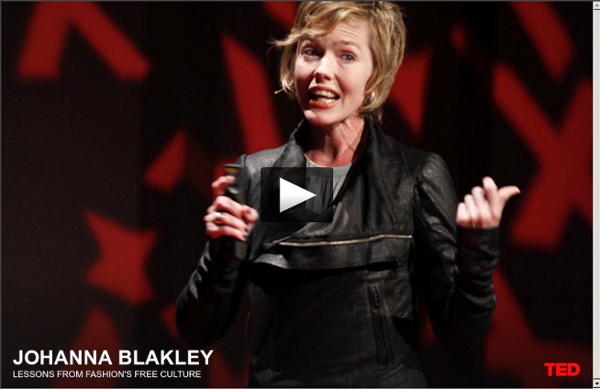



Here's What I'm Thinking When I Make An Angel Investment How to beat Goliath (or at least thrive in his shadow) | Venture (Editor’s note: Greg Collier is the founder and CEO of Geebo.com, an online classified advertising site. He submitted this story to VentureBeat.) When I launched Geebo.com in May 2000, the goal was simple: Provide a web-based alternative to newspaper advertising. The newspaper industry was my Goliath. That wouldn’t last long, though. Within a few months, I saw Craigslist. Over the next few years, of course, Craigslist grew to dominate the online community classifieds market. Holding your own against an industry giant is a tall order, but it’s not impossible. Differentiate Yourself - Rather than emulate the competition, take advantage of what you perceive as their weaknesses. Take Alternate Routes - When you are steering a startup, or struggling in the shadow of a Goliath, traditional marketing strategies can be too expensive. Our first donations were made to the Sacramento Boys and Girls Club, Sierra Adoption Services, Mustard Seed School, and the Child & Family Institute.
Don't Be So Worried About Competition From The Big Guys 6 Lessons Every Entrepreneur Should Learn From Google's Founders One Size Does Not Fit All: Verticalization And The Future Of Loc How Andreessen Horowitz Evaluates CEOs The Coming Data Explosion One of the key aspects of the emerging Internet of Things - where real-world objects are connected to the Internet - is the massive amount of new data on the Web that will result. As more and more "things" in the world are connected to the Internet, it follows that more data will be uploaded to and downloaded from the cloud. And this is in addition to the burgeoning amount of user-generated content - which has increased 15-fold over the past few years, according to a presentation that Google VP Marissa Mayer made last August at Xerox PARC. Mayer said during her presentation that this "data explosion is bigger than Moore's law." During my visit to Hewlett Packard Labs earlier this month, I spoke to Parthasarathy Ranganathan - a Distinguished Technologist at HP Labs - about this large influx of data onto the Web. Like Mayer, Ranganathan compared the online data growth rate to Moore's Law. 281 Exabytes of Online Data in 2009 A Sensor Revolution Exascale Web Photo credit: nasa1fan/MSFC
Marc Andreessen's 3 Criteria For Startup Success How To Create A Winning Product Process Dennis Crowley: Here's How Foursquare Will Fight Off Facebook, T Inside Foursquare: Checking In Before the Party Started (Part I) Shane Snow has been bothering the Foursquare crew since before the startup was funded and became the internet’s darling du jour. A student at Columbia’s School of Journalism at the time, Snow was in the room during key moments in the company’s early history, and was granted more than 30 exclusive interviews over the course of six months. This is the first installment of a two-part series chronicling Snow’s inside view of the birth of Foursquare, one of the most talked-about tech companies of 2010. Dubbed ‘highly competitive’ by his friends, Foursquare founder Dennis Crowley loves games. The top of Dennis Crowley’s toilet is home to the 176-page paperback, Twitter Wit: Brilliance in 140 Characters or Less, and a stack of snowboarding magazines, but no one is reading tonight. It’s Dec. 18, 2009, the night of Crowley’s annual BYOTTHOTMFT (Bring Your Own Thing To Hang On This M-F**king Tree) party. A collective “Ohhhh!” He’s losing his own game at his own party.
Draw It Out, and Other Tips for Success from Twitter Co-founder Having a great idea is one thing. But being able to realize and execute on that idea is what matters. At the 99% Conference last month in San Francisco, Twitter creator and co-founder Jack Dorsey gave a talk on how he was able to do just that: take a good idea and turn it into a flourishing company. In his talk, Dorsey identifies the three keys to success as he built and launched both Twitter and his latest project Square: 1. Draw Commit your ideas to paper before you worry about committing them to code. Dorsey speaks about an idea he'd had in 2000 when working as a dispatcher in New York, seeing people always reporting where they are and what they're doing in various locations. Luck This doesn't mean relying on luck or good fortune. Dorsey notes that it was the rise of certain technologies, along with working with Biz Stone and Evan Williams that allowed him to return to those ideas he'd sketched out in 2000 and to develop them more thoroughly, eventually into what became Twitter. Iterate